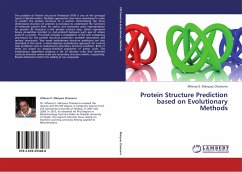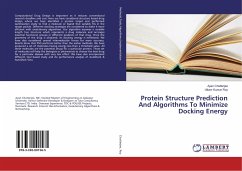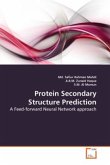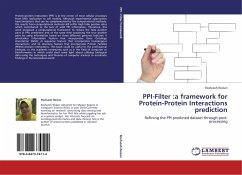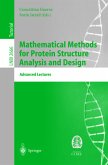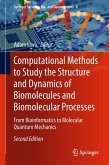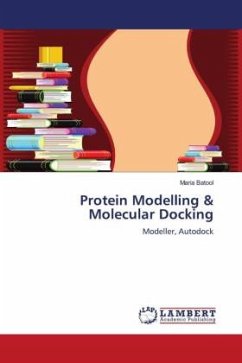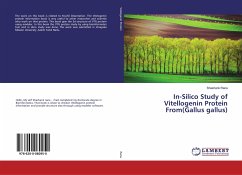The problem of Protein Structure Prediction (PSP) is one of the principal topics in Bioinformatics. Multiple approaches have been developed in order to predict the protein structure of a protein. Determining the three dimensional structure of proteins is necessary to understand the functions of molecular protein level. An useful, and commonly used, representation for protein 3D structure is the protein contact map, which represents binary proximities (contact or non-contact) between each pair of amino acids of a protein. This book includes a compilation of the soft computing techniques for the protein structure prediction problem (secondary and tertiary structures). Two novel evolutionary structure predictors are also described in this work: a multi-objective evolutionary approach for contact map prediction and an evolutionary secondary structure predictor. Both of them are based on physico-chemical properties of amino acids. The evolutionary algorithms produce a set of decision rules that identifies contacts between amino acids and secondary structure motifs, respectively. Results obtained confirm the validity of our proposals.
Bitte wählen Sie Ihr Anliegen aus.
Rechnungen
Retourenschein anfordern
Bestellstatus
Storno

